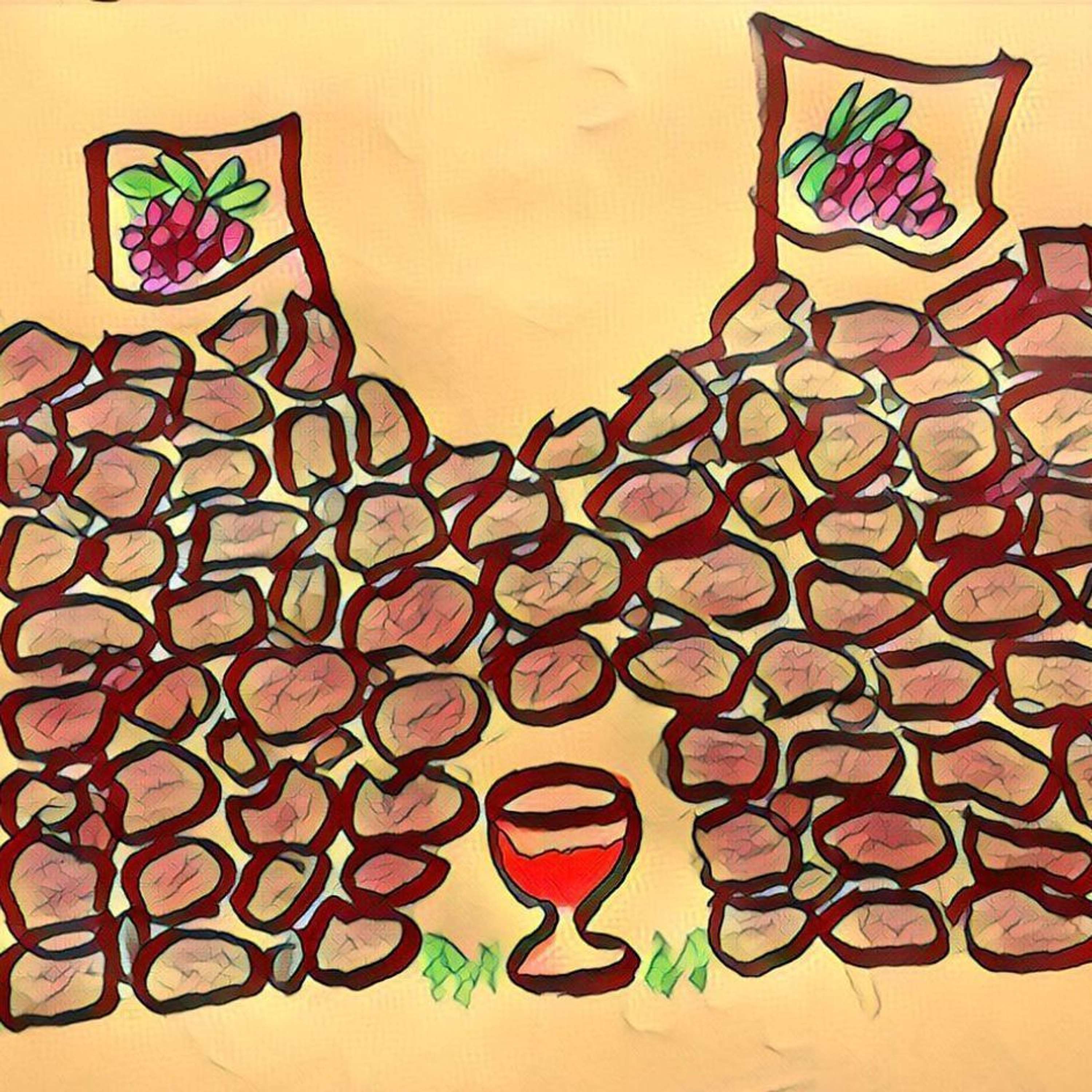May 29 2018 18 mins
What the Temp? Does Wine Storage Matter?
Temperature Tips
We have a wine Goldilocks problem. When wine is too cold, you can hardly taste it. When it's too warm, it tastes yucky. But most wine, whether it's consumed at home or in restaurants, is often served at the wrong temperature.
Back in the day, two benchmarks controlled wine service: The temperature of the wine cellar (about 55ºF or ~13ºC) and room temperature (which, in a European castle, would be in the low 60ºF or 15.5ºC). You served your whites at cellar temperature, or maybe chilled in an ice bucket for a few minutes, and your reds at room temperature. Perfect.
To enjoy wine at the proper temperature, you need to act in a counter-intuitive manner: Chill your reds and warm your whites.
- RED WINES: No wine cellar or castle, you say? Put your red wine in the fridge for 45 minutes or ten minutes in an ice bucket (fill the bucket with a mix of ice and water for the quickest results). This will bring out the fruit and de-emphasize the tannin.
- WHITE WINES: Whites should come out of the fridge for about half an hour before serving, or you should start them at room temperature and ice them for some 20 minutes (or so) to release their bouquets.
Storage Tips:
An average temperature of 10-15˚C (55-60ºF) is fine for long-term storage. But it’s ideal to store wine that you expect to drink in the near future at the following temperatures:
- Red wine between 12-19˚C (54-66ºF)
- White wine between 8-12˚C (46-54ºF)
- Sparkling wine 5-8˚C (41-46ºF)
Avoid temperatures over 25˚C (77ºF) as this risks "cooking" the wine and giving it a raisin-y, stewed character.
- Keep wine in dedicated wine fridges or cool places where you can control the temp. A cool cellar or a lightly air-conditioned room can also ensure a consistent temperature.
- Avoid temperature shocks – rapid changes from cool conditions to warm conditions can damage wine. E.g. next to the oven, stove, radiator, etc.
- A sudden increase in temperature forces the wine through the cork and a sudden decrease allows air in.
- No direct sunlight or fluorescent lighting should shine on your bottles. Shaded wine is less likely to spoil.
- Store your wine bottles horizontally. Common practice with corks to prevent it from drying out and stops air getting into the bottle.
- Don’t remove and replace a chilled bottle of wine too often. Temperature fluctuations will eventually break the wine down.
- Once opened red wine does not need to be stored in the fridge but should be consumed within 2 days, while white should go back in the wine fridge and is good for 5 days.
Serving tips:
- Decant wine to bring it up to the environmental or ambient temperature -- this is to “allow it to breathe,” as they say.
- Use a mixture of ice and cold water to bring wine down to the temperature to its optimal degree.
- Consider the shape of the wine glass you’re using. This has a more profound effect than you’d think. [See our In Vino Fabulum, episode no. 3: Wine Glassware: https://3wedu.wordpress.com/2018/04/02/in-vino-fabulum-episode-no-3/]
- Pour still wines towards the center of the glass and sparkling wines against the side to preserve the bubbles.
- Preserve unfinished wine (if you have that) in the right way - Wine bottle stoppers are can help you keep it fresh (or you can just drink it when open).
More on proper serving temperatures are key to wine enjoyment here http://nymag.com/restaurants/articles/wine/essentials/temperatures.htm
Optimal Wine Serving Temps for The Goldilocks Effect https://vincarta.com/blog/wine-serving-temperatures/
Wine Bible Study: The Wine Bible, 2nd Edition
https://www.karenmacneil.com/product/the-wine-bible/
Where and how should I store wine? p.125
Does serving temperature matter? p.130
Do you have a question, comment or thought on this topic? Feel free to send us an email: [email protected] or stay connected for a future episode here of the #InVinoFab: In Vino Fabulum Podcast:
- Hosts: Patrice (@profpatrice) & Laura (@laurapasquini); pronouns: she/her
- Twitter: https://twitter.com/invinofab
- Instagram: https://www.instagram.com/invinofab/
